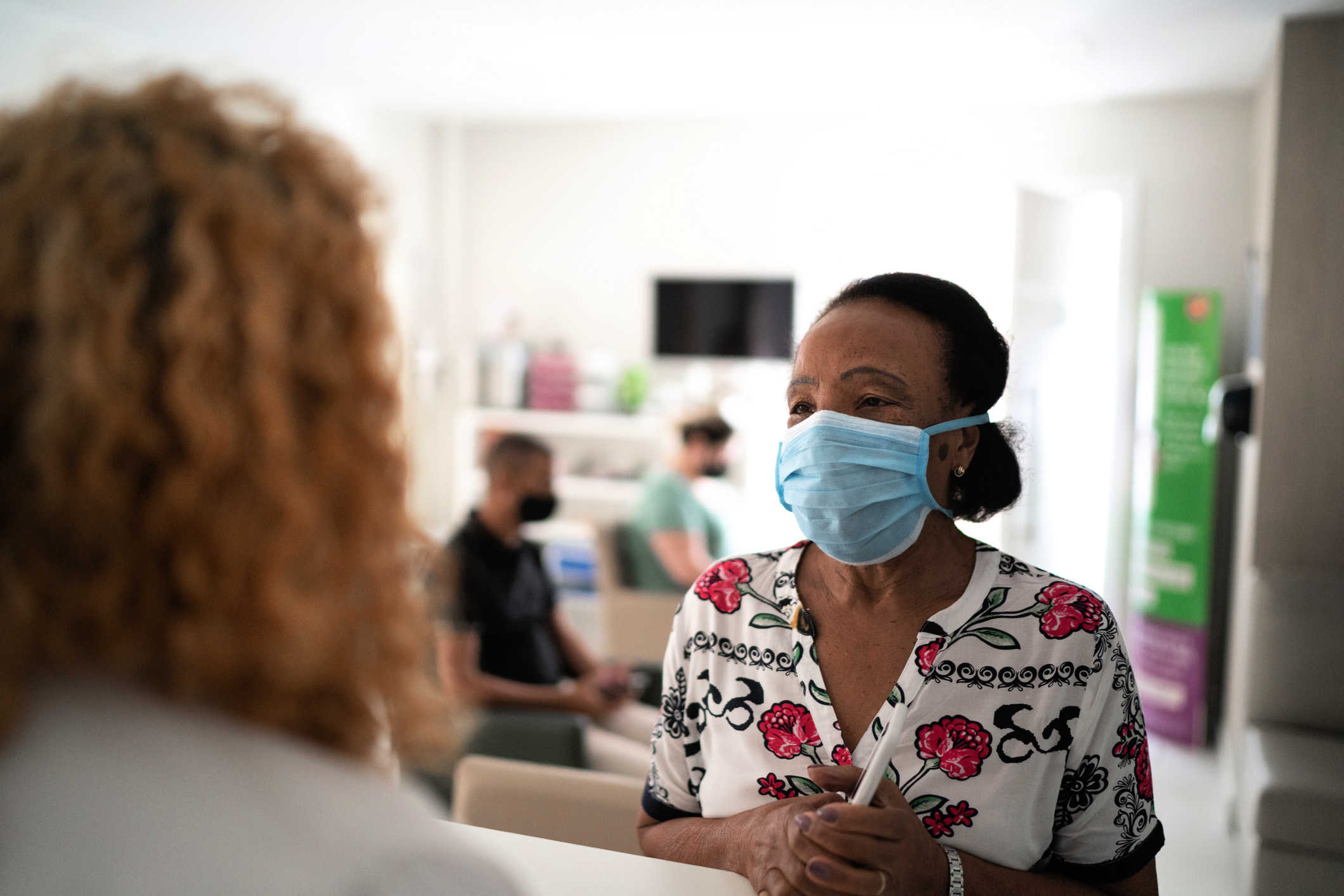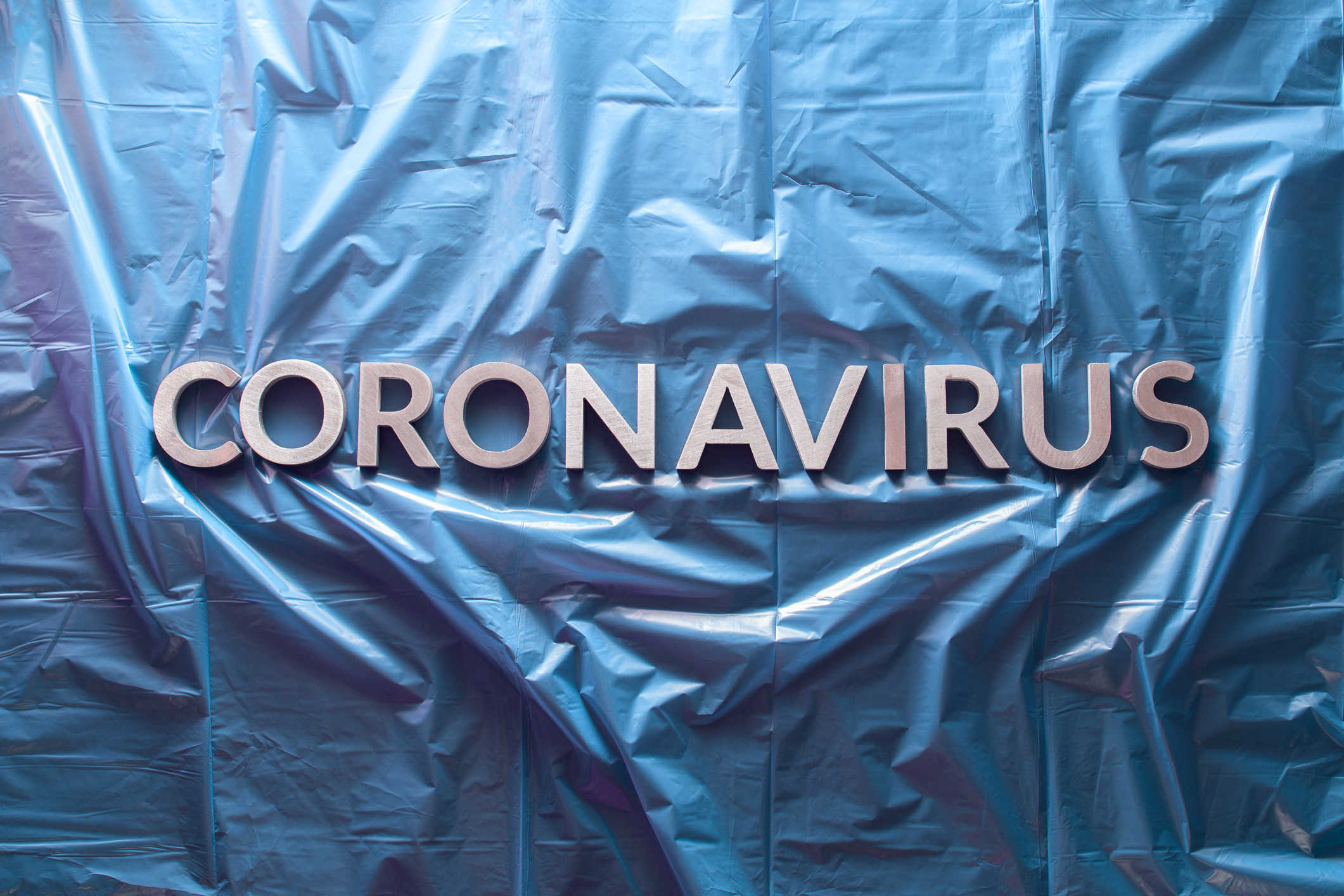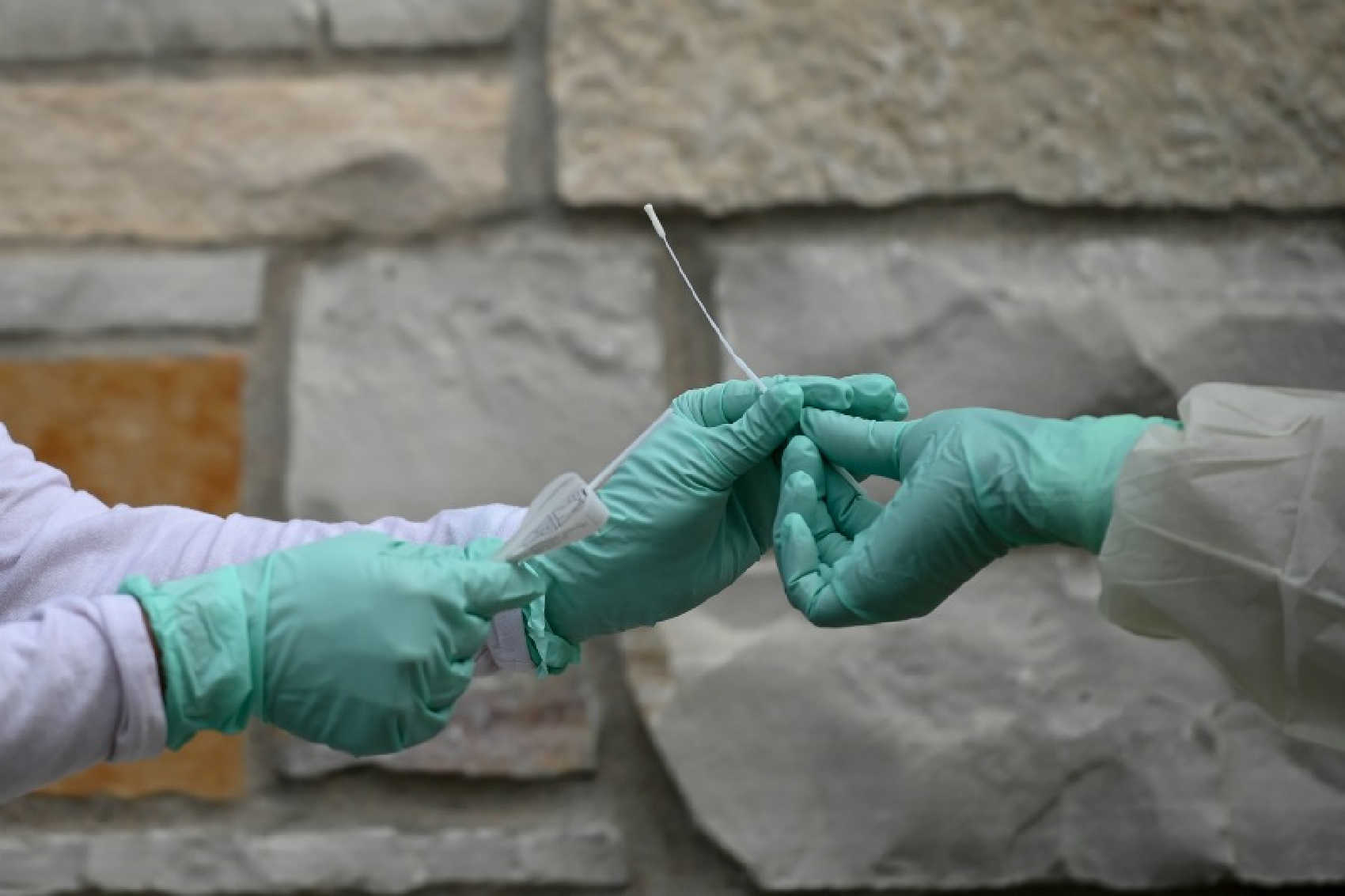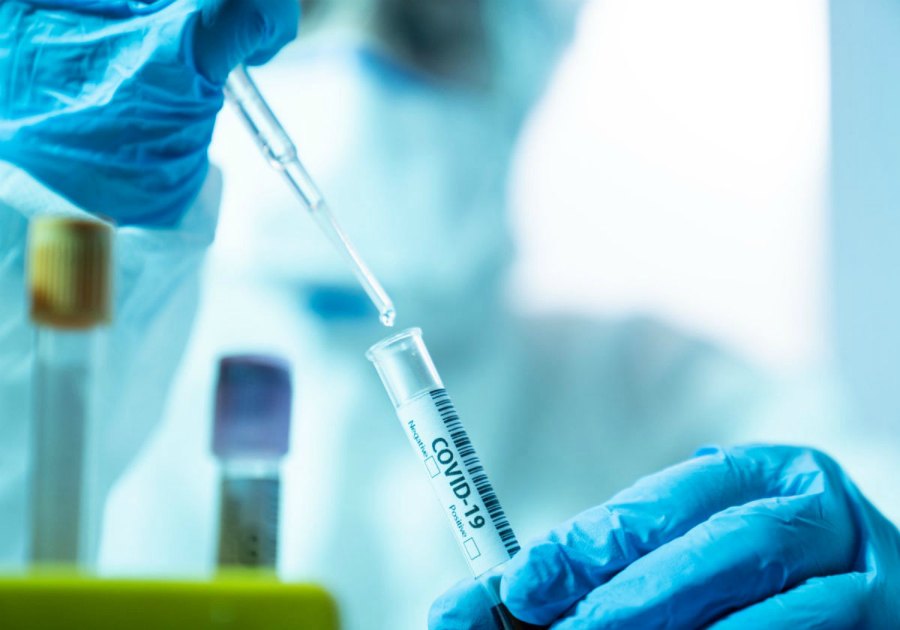Coronavirus
EG.5 Covid-19 Subvariant Emerges as Predominant Strain Amid U.S. Infection Rise

As the autumn season looms over the U.S., presenting the perennial challenge of respiratory diseases, attention is being diverted to EG.5 – a fresh derivative of the Omicron variant, which the Centers for Disease Control and Prevention (CDC) warns is rapidly surging.
While the Covid-19 landscape is notably more manageable than its initial emergence, the persistently evolving nature of the virus underscores its capriciousness.
In recent revelations by the World Health Organization (WHO), the EG.5 subvariant, an offshoot of XBB.1.9.2, has marked its presence in over 51 nations since the start of August. With the WHO recently tagging EG.5 as a “variant of interest”, the CDC now projects this strain to constitute nearly 17% of America’s Covid-19 cases by the end of the first week of August, thus positioning it as the dominant variant.
However, it’s not all ominous. Although EG.5 showcases abilities to circumvent immune defenses, WHO’s assessments haven’t linked it with heightened severity. Echoing these findings, Dr. Shira Doron from Tufts Medicine in Boston alludes to many recent cases having symptoms akin to the common cold, hinting that EG.5 may not be as formidable as its predecessors, a sentiment highlighted by the Wall Street Journal.
However, the road ahead is marred with obstacles, particularly given the CDC’s constrained capability to predict variant trajectories owing to inadequate testing and sequencing infrastructure.
Eyeing the impending autumn vaccination initiative, there’s a paradigm shift in procurement strategy. Contrary to past methods where vaccines were directly acquired by the government, this year will see them sourced and channeled via the commercial market. These vaccines, designed to counter the XBB.1.5 strain, align with the framework established by the Food and Drug Administration earlier this year.
In the pharmaceutical arena, optimism reigns supreme. Pfizer’s CEO, Albert Bourla, looks forward to green lights for their upcoming vaccines, targeting a launch in September. Concurrently, Pfizer, in collaboration with BioNTech, is rigorously evaluating the booster’s potency against EG.5. Meanwhile, Moderna has heralded a copious stockpile of its updated vaccine, keenly awaiting FDA’s nod.
As Novavax reaches out to authorities for greenlighting its booster, public discourse oscillates between adopting the current boosters or holding out for the next-gen versions. Offering a nuanced perspective, Dr. John Moore from Weill Cornell Medicine nudges individuals to seek medical counsel, emphasizing, “It’s highly personalized. It’s unrealistic to pigeonhole every American into one category,” a viewpoint resonating with WSJ’s reporting.
Amplifying health vigilance, there’s also mounting preparedness for potential flare-ups of other respiratory ailments. The FDA’s recent endorsement of the inaugural RSV vaccines for those 60 and older, coupled with novel meds for infant protection, underscores the escalating measures being instituted to thwart such occurrences.

Coronavirus
Transition in the Virgin Islands: Transitioning from Free COVID-19 Testing to a New Normal

In a significant development that marks a turning point in the Virgin Islands’ battle against COVID-19, the Department of Health has announced the cessation of its free testing program. This decision, effective immediately, comes as federal funding for this initiative has been fully utilized. Alongside this, the COVID-19 hotline, a critical resource during the pandemic’s peak, will also be discontinued.
This strategic shift reflects a broader public health consensus, treating COVID-19 as an endemic presence rather than an emergent crisis. This approach mirrors the management of other respiratory illnesses, such as the influenza virus, emphasizing vaccination and preventive practices.
Health Commissioner Justa Encarnacion highlighted the territory’s successful management of the virus thus far, noting the sustained low levels of reported cases and hospitalizations. Encarnacion underscored the importance of continued vigilance and routine vaccination in the face of COVID-19’s persistence within our communities.
Reinforcing this new direction, the Centers for Disease Control and Prevention recently updated their guidelines, recommending that COVID-19 precautions be integrated with measures for influenza and other respiratory viruses.
The Virgin Islands’ testing initiative, which conducted over 500,000 tests and identified more than 26,000 COVID-19 cases, has been instrumental in the territory’s response to the pandemic. The virus claimed 133 lives in the Virgin Islands, a somber reminder of the pandemic’s impact.
With the closure of the free testing program, Dr. Esther Ellis, the territorial epidemiologist, advises individuals who suspect they might have contracted COVID-19 to seek testing through private laboratories or their healthcare providers. Additionally, home testing kits are readily available at pharmacies throughout the territory, offering a convenient alternative for self-diagnosis.
This transition marks a new chapter in the Virgin Islands’ public health strategy, moving towards a sustainable approach in managing COVID-19 alongside other endemic diseases.
Coronavirus
US Virgin Islands Leads the Nation in Combatting Long-COVID, CDC Reveals

A recent study by the Centers for Disease Control and Prevention (CDC) has spotlighted the U.S. Virgin Islands for achieving the lowest Long-COVID rates in the United States, underscoring the territory’s effective health measures and response to the pandemic. This analysis, detailed in the CDC’s Morbidity and Mortality Weekly Report, indicates a significant variance in Long-COVID occurrences across different regions.
Long-COVID, characterized by a spectrum of persistent health issues following an acute COVID-19 infection, ranges from mild cognitive impairments, commonly referred to as “brain fog,” to severe fatigue and extensive organ damage. This condition, affecting millions globally, illustrates the prolonged battle many face even after recovering from the initial virus attack.
Remarkably, the study highlights the U.S. Virgin Islands’ success in minimizing these long-term health consequences, with only 1.9% of its population reporting Long-COVID symptoms. This contrasts sharply with regions like West Virginia, where the rate soars to 10.6%. The study also points out that states such as Alabama, Montana, North Dakota, Oklahoma, Tennessee, and Wyoming have reported rates exceeding 8.9%, while Guam and Washington D.C. join the USVI in demonstrating the lowest prevalence, with figures ranging from 1.9 to 3.6 percent.
It’s important to note the CDC’s acknowledgment of the limitations within this study, including the absence of data on vaccination status, the treatments received during the active COVID-19 phase, the timing of infection, and the duration and intensity of symptoms—all factors that could significantly affect the prevalence of Long-COVID.
The findings from this report are anticipated to inform and guide local policy-making, planning, and programming efforts to address the healthcare needs of individuals suffering from Long-COVID. The U.S. Virgin Islands stands as a model of resilience and effective health management, providing valuable insights into strategies that can mitigate the impact of Long-COVID and enhance public health outcomes.
Coronavirus
Updated Moderna and Pfizer Covid Vaccines to Arrive in the US Virgin Islands, Targeting New Variant

The Health Department of the U.S. Virgin Islands (USVI) recently revealed plans to receive the first shipments of the newly formulated Moderna and Pfizer-BioNTech Covid-19 vaccines. The updated vaccines are set to arrive by the end of this week, bolstering the territory’s defense against the latest XBB.1.5 variant of the virus.
This significant update follows last week’s endorsement from the Centers for Disease Control and Prevention (CDC) and the Food & Drug Administration’s (FDA) subsequent approval. The incoming shipment is part of a nationwide rollout, designed to make the modified vaccines the primary Covid-19 immunization available during the forthcoming fall season.
In a recent statement, Health Commissioner Justa Encarnacion urged residents, especially those more vulnerable to severe illness, to schedule appointments for the new vaccine. “This updated vaccine formulation will be available to all individuals who are six months of age or older,” Encarnacion said. To facilitate efficient vaccine distribution, the department will only be offering the shots by appointment.
For those looking to reserve an appointment, the department directs residents to the official website at https://www.covid19.usvi.care/. Alternatively, you can reach out to the Health Hotline at (340) 712-6299 for residents of St. Croix and at 340-776-1519 for those in St. Thomas-St. John. This hotline is operational between 8 a.m. and 5 p.m., from Monday to Friday, except for public holidays.
Encarnacion took the opportunity to encourage those who have yet to receive their first Covid vaccine. “If you haven’t been vaccinated yet, this is an ideal time,” she stated. Data indicate that the new formulation significantly lowers the risk of severe illness, hospitalization, and death caused by the virus. A single dose of this updated vaccine will suffice for individuals to be up-to-date with their immunization schedule.
In accordance with CDC guidelines, if you have recently been diagnosed with Covid-19, you should wait at least three months before getting the updated vaccine. Similarly, those who have completed their original Covid-19 vaccine series should delay for at least two months.
The Health Department also reminded the public that it’s acceptable to get both the flu vaccine and the Covid vaccine at the same time.
Lastly, the updated Covid vaccine will be free for the vast majority of American citizens, courtesy of private healthcare insurance and Medicare. For those without sufficient insurance, vaccines can be obtained for free at community health centers and pharmacies under the CDC’s Bridge Access Program, which aims to ensure equitable access to Covid-19 vaccines until December 2024.
-

 Education1 year ago
Education1 year agoEducation Board Seeks Input on Schools Through Comprehensive Survey
-

 Education2 years ago
Education2 years agoCTE Board Enthusiastic About New Curriculum Standards, Yet Anxious Over Apprenticeship Support
-

 Crime2 years ago
Crime2 years agoRegistered Sex Offender Detained for Illegal Firearm Possession During Annual Surveillance Drive
-

 Development1 year ago
Development1 year agoCosts Surge as Donoe Estates Housing Project Resumes with New Contractor
-

 Videos3 years ago
Videos3 years ago2022 Gubernatorial Election: Voters Speak Out
-

 Videos3 years ago
Videos3 years agoGubernatorial Teams Celebrate St. Croix’s Bull & Bread Day
-

 Videos3 years ago
Videos3 years agoWakanda’s Female Might: A Dive into ‘Black Panther: Wakanda Forever’
-

 Crime2 years ago
Crime2 years agoSt. John’s Westin Resort Scene of Armed Robbery, Prompting Heightened Police Vigilance



